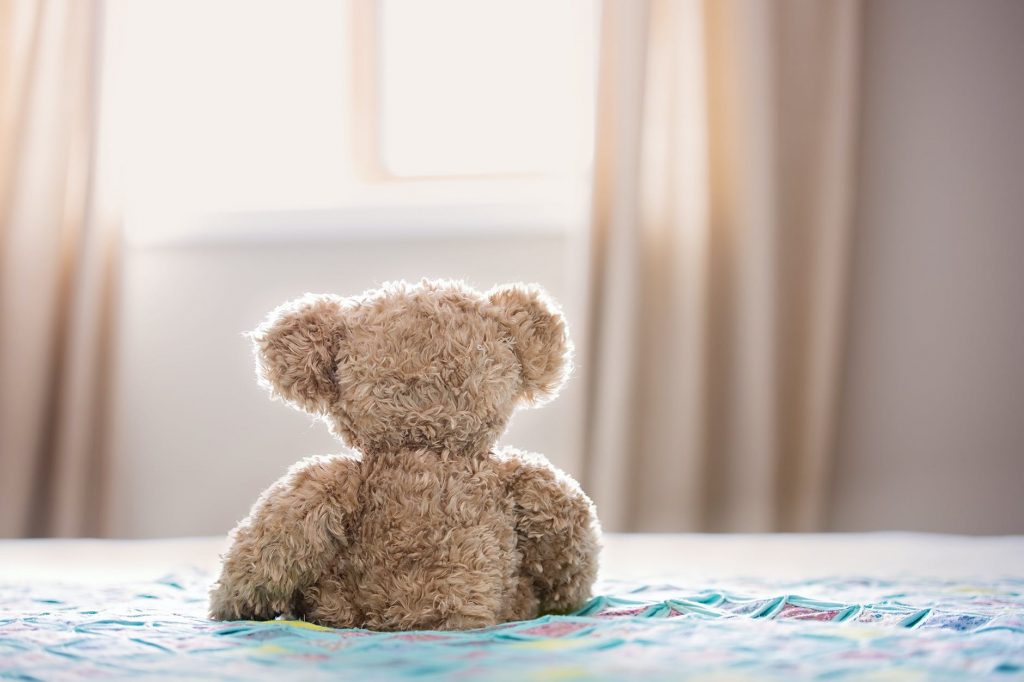For World Continence Week, Davina Richardson, Children’s Specialist Nurse at Bladder & Bowel UK talks about the continence problems that children and young people can have. She also discusses where you can find advice and information to support them.
World Continence Week 2020
It is estimated that over 20 million people in the UK have some form of bladder and/or bowel problem. Due to embarrassment and social stigma these are not often discussed. This leads to the belief that bladder and bowel problems only affect very young children, women after childbirth and the elderly. This is not the case. They can affect anyone of any age, including children and young people. However, World Continence Week was started in 2008 to encourage people to talk about bladder and bowel issues and to seek help. At Bladder & Bowel UK we offer support and advice to anyone experiencing a bladder and/or bowel issue.
What problems do lots of children and young people have?
- Constipation with or without soiling. Constipation happens when someone is not able to fully empty the rectum (the bit of bowel closest to the bottom). The poo then builds up, becoming larger, harder and more difficult to pass. When it is eventually passed this may cause pain, which makes younger children reluctant to want to poo again, which may cause the constipation to continue. For older children, not being able to go to the toilet as soon as they need to, or a lack of privacy at school may make the problem worse. If a lot of poo builds up in the rectum this can result in poo leaking into the underwear. The child or young person is not usually able to control this and is often not aware it is happening.
- Day time wetting. Leakage of urine (wee) into the pants can happen at any age and for a variety of reasons. One of the commonest causes is constipation – the full bowel puts pressure on the bladder, making it difficult to get to the toilet on time. Other causes include urinary tract infections and problems with the way the bladder muscle is working.
- Occasional bedwetting is very common in younger children. Wetting most nights is less common, but is very unlikely to improve without treatment. It may continue into adolescence and even into adulthood if left. There are a variety of causes of bedwetting, including constipation, a bladder that is not working as well as it should, or not being able to reduce the volume of urine that the kidneys produce during the night. Children and young people who wet when they are asleep are unable to wake up to the signals from the bladder that it needs to empty.
- Delayed toilet training. Some children take longer to toilet train than others do. This is particularly true if a child has additional needs. However, most children can learn all the skills they need to toilet train, if they are given the right help and support.
What other bladder and bowel problems can children and young people have?

- Some children are born with conditions that affect their bladder and/or bowel. If there has been a problem with the way the spine has formed in pregnancy, then the nerves that supply the bladder and bowel may have been affected, which in turn, can cause difficulties with bladder and bowel continence. If the bladder or bowel has not formed properly then this may result in problems with continence. Some children require surgery to help. Some may need to use special equipment, such as catheters or bowel irrigation, to help them stay clean and dry
- If a child or young person has had an accident or illness that has affected the nerves in their spine, this in turn may affect bladder and bowel control.
- Inflammatory bowel diseases such as Crohn’s Disease and ulcerative colitis may affect children and young people. These may cause pain, diarrhoea, blood in the poo and the child or young person may not have much energy.
- Irritable bowel syndrome may affect children and young people. It can cause stomach ache, diarrhoea or constipation
Is there treatment for bladder and bowel issues in children and young people?
Treatment or help is available for all the conditions that children and young people experience.
Children who have been born with a problem that affects their bladder and/or bowels are usually offered support and help from birth or shortly afterwards and are usually followed up by the hospital where they have received their initial care.
For children who do not become clean and dry at the usual age of toilet training, for those with additional needs and for those who develop problems after toilet training there is also help and support available. Therefore, if you are a young person with a bladder or bowel issue, or are a parent or carer to a child or young person who has a bladder and/or bowel issue, then do ask for help and support.
How do I get help for a child or young person with a bladder and/or bowel issue?

For most people, the best person to speak to is the child or young person’s GP or other healthcare professional. For children under five years old then the health visitor should be able to support. For children of school age, the school nurse could be approached.
For young people, most school nurses offer a ‘drop-in’ service at secondary schools. The school reception should be able to tell you when your nurse is available. You do not need to tell the reception why you want to see the nurse. Young people may also ask for a GP appointment themselves and you can ask to be seen on your own. If your GP is happy that you understand the options open to you they can offer treatment without your parents or carer being there, but they will probably encourage you to speak to them. Once you are 16 years old you may register yourself with a GP.
Is help available anywhere else?
Bladder & Bowel UK have lots of information and resources on our website at www.bbuk.org.uk to support people of all ages with bladder and or bowel difficulties. These are all free to download and print.
Bladder & Bowel UK also have a confidential helpline staffed by children and adult nurses who are specialists in bladder and bowel care. You can contact them by email at bbuk@disabledliving.co.uk or by telephone on 0161 214 4591.
Tag us in your World Continence Week tweets @bladderboweluk.



Comments are closed